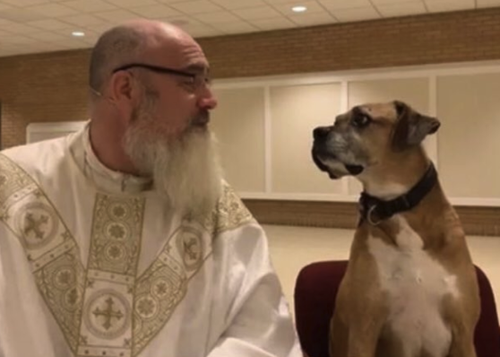As president of the Detection Club, Dorothy L. Sayers led initiation rites featuring ceremonial garb, flickering candles and the spooky presence of Eric, a human skull.
With a flair for the dramatic, Sayers required British mystery writers to take an oath, including: "Do you promise that your detectives shall well and truly detect the crimes presented to them, using those wits which it may please you to bestow upon them and not placing reliance on, or making use of, Divine Revelation, Feminine Intuition, Mumbo-Jumbo, Jiggery-Pokery, Coincidence or the Act of God?"
New members promised "moderation" in -- this is a partial list -- the use of conspiracies, death-rays, ghosts and trapdoors, while "utterly and forever" avoiding "Mysterious Poisons unknown to Science." And of course: "Do you solemnly swear never to conceal a vital clue from the reader?"
The Detection Club was founded in 1930, with G.K. Chesterton as president. Sayers was a founding member and became its third president, followed by Agatha Christie.
Famous for her Lord Peter Wimsey detective novels, Sayers' career defied simple labels. As a young woman, she worked for the S.H. Benson advertising agency in London. Among Christians, she is best known as a colleague of C.S. Lewis, J.R.R. Tolkien and others in the Inklings writers circle in Oxford. Sayers wrote poetry, theological essays and theatrical works for the stage and BBC Radio. She was gifted in multiple languages and spent the final years of her life translating Dante's "The Divine Comedy" into English.
Sayers is also known for a 1947 Oxford presentation -- "The Lost Tools of Learning" -- that has influenced generations of Classical education leaders in the United States, England and elsewhere. As a child, she was educated by her father, an Anglican vicar, who taught choral music and Latin at Oxford.
"Her parents gave her a classical education that allowed her to navigate her world, the tools to support herself. When she struggled and made mistakes, she was able to repent and get back on track," said medieval scholar Lesley-Anne Williams, who lectured on "Dorothy Sayers: Advertising, Murder and Classical Education" during last week's annual Inklings Festival at the ecumenical Eighth Day Institute in Wichita, Kansas.









